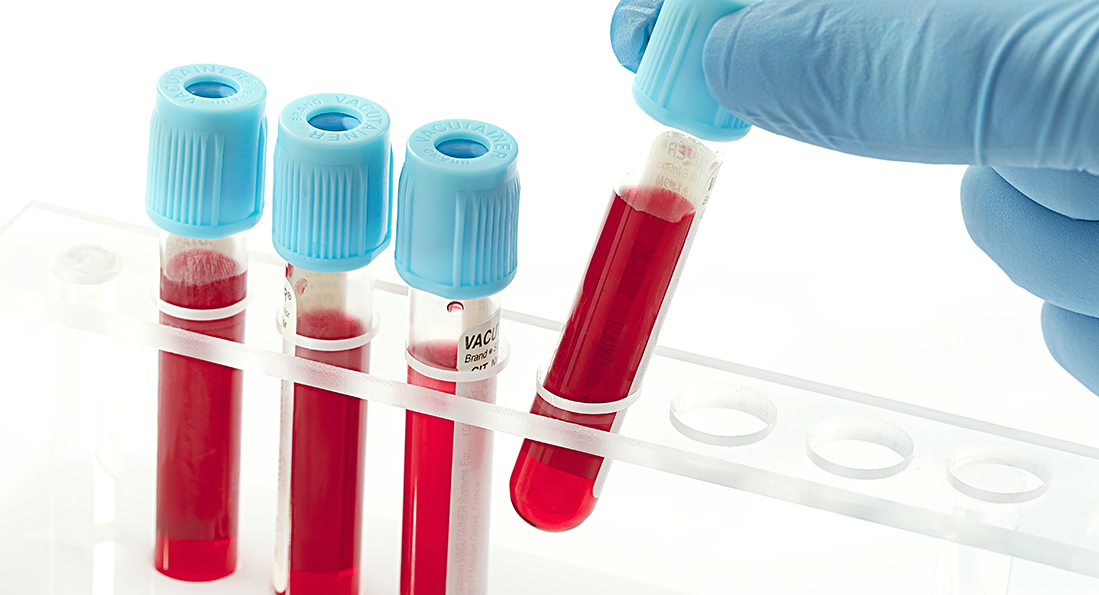Biotech
CAR-T therapy moves beyond cancer to treat autoimmune and infectious diseases
PUBLISHED IN News in Review: APRIL 2024

The background
What is CAR-T therapy?
Chimeric antigen receptor T-cell therapy (CAR-T therapy, pronounced car-tee) is a medical treatment that uses a patient’s own T cells. T cells are white blood cells that play a key role in the body’s immune response by attacking abnormal, infected and foreign cells.
CAR-T therapy modifies the patient’s T cells so that they produce a synthetic ‘chimeric antigen receptor’ which targets specific antigens that are only present on the surface of cancer cells. This enhances the immune system’s ability to recognise and then eliminate these cancer cells.
How is CAR-T therapy used?
CAR-T therapy is primarily used to treat certain types of cancer, particularly hematologic (blood and blood-related) malignancies. CAR-T therapy is currently approved by the US Food and Drug Administration (FDA) to treat some kinds of lymphomas and leukemias, as well as multiple myeloma. CAR-T therapy is typically used after other types of treatment have been tried. The therapy was first applied to patients with chronic lymphocytic leukemia in 2011 at the University of Pennsylvania and Children’s Hospital, Philadelphia.
Getting up to speed – what’s new in this article
The authors explain that, beyond cancer, researchers and clinicians have been exploring and expanding the applications of CAR-T therapy. Some examples include:
- viral infections: CAR-T therapy is being investigated for its potential in treating certain viral infections, such as HIV. Modified T cells could be engineered to target and eliminate cells infected with the virus.
- autoimmune diseases: Researchers are looking at adapting CAR-T technology to treat autoimmune diseases. The approach involves modifying T cells to target and suppress aberrant immune responses associated with autoimmune disorders.
